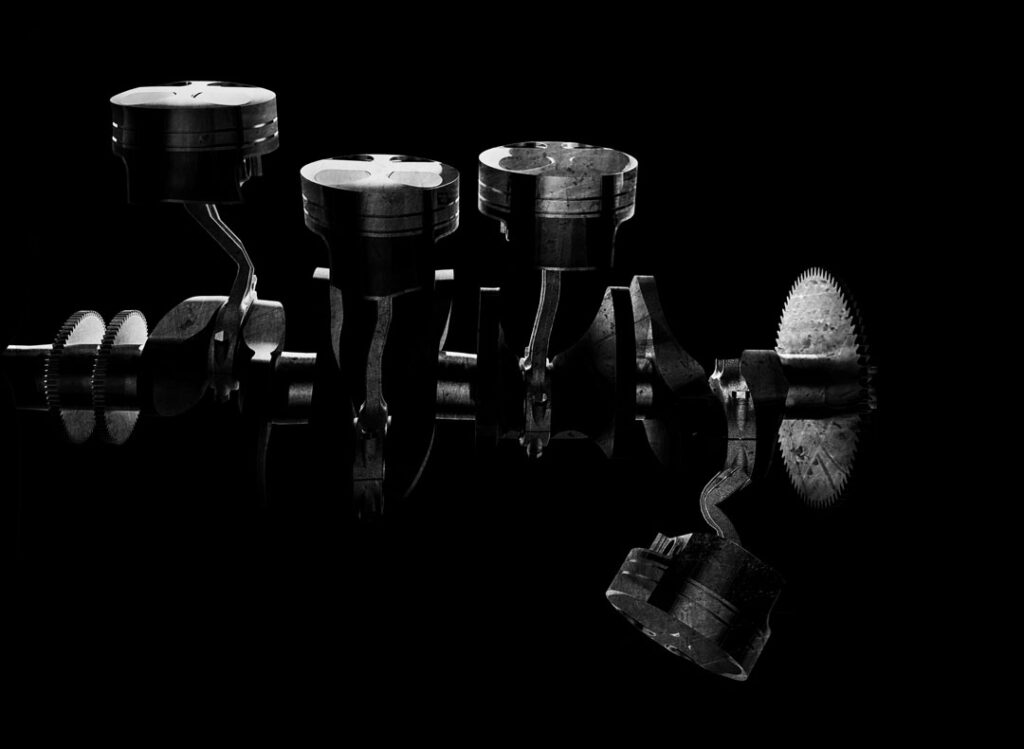Plugged in: Interstate 80 cities look to establish electric car-charging stations

PERRY BEEMAN Apr 17, 2015 | 11:00 am
4 min read time
945 wordsBusiness Record Insider, TransportationAt a glance
In 2013, Iowa had just over 100 all-electric vehicles registered. Nationally, approximately 260,000 had been sold from 2008 to September 2014.
More recent data shows Iowa with 49 charging stations, with Tesla Motors Inc. planning eight more in Council Bluffs and Hy-Vee Inc. adding some at new stores, by customer demand. That pales against Missouri’s 93, Minnesota’s 197 and Illinois’ 345, according to a report by the Iowa Clean Cities Coalition.
Nationally, there were 9,119 charging stations. Typically, only a small fraction are the fast-charging models the Iowa-Nebraska coalition is most interested in.
A group of local government officials from Iowa and Nebraska met recently in Des Moines to discuss creating a network of electric vehicle charging stations between Des Moines and Omaha.
If they get that done, they might work to promote the installations elsewhere.
Planners and other city and county officials from Des Moines; Polk County; and South Sioux City, Lincoln and Omaha in Nebraska; the Iowa Department of Natural Resources and the Iowa Economic Development Authority discussed the need for the stations, which would make it easier to take long trips from Des Moines to the west in an electric car. As it stands, some electric vehicles can get nearly 300 miles to a charge; Omaha is 140 miles from Des Moines. Some get substantially less.
It’s a matter of convenience, of cutting greenhouse gas emissions, and of looking green, supporters said. They expect the conversation to continue beyond the Feb. 19 debut session. The Des Moines Area Metropolitan Planning Organization (MPO) and Omaha’s Metropolitan Area Planning Agency will help coordinate the discussions.
The Des Moines Area MPO has spent the past year or so assessing Greater Des Moines’ charging options. It’s easy to charge many of the cars at home, but the idea is to offer quicker charges at grocery stores, perhaps rest areas and other public spots for convenience. Part of the discussion is offering top-of-the-line stations that cost between $65,000 and $80,000 each and can charge a car in 20 minutes. Other models take two to six hours.
“Some of the issue is that people think they can use them in town, but not getting around out of town,” said Teva Dawson, senior transportation planner with the Des Moines Area MPO.
As electric cars become more prevalent, Dawson said, drivers will want easy recharging of their vehicles.
“We have gas on about every corner, but not electricity,” she said.
There are 9,119 charging stations in the country, with 793 in Washington, D.C., alone, reported the Iowa Clean Cities Coalition at the Iowa Economic Development Authority.
Iowa has 49 stations, fewer than Ilinois’ 345, Minnesota’s 197 and Missouri’s 93.
Areas near the Des Moines-Omaha stretch of Interstate 80 seemed like a good place to start.
“We are looking to connect the route,” Dawson said. “We feel there is a movement happening.”
The Des Moines Area MPO released a report in August that called for each of the local governments to install at least one charging station in a busy area and decide whether to charge for the service. The report made several other recommendations for local city governments: take the lead on siting public charging stations; provide incentives for apartment and condominium buildings and workplaces to install chargers; include the stations in comprehensive plans. The report also identified potential sites for charging stations, noted environmental benefits and emphasized that the charging stations could be good for business.
“As (electric vehicle) adoption increases, drivers may elect to shop where they can also refuel their (vehicles) so they can attend to two chores in one location” while the vehicle recharges, the report noted. “The presence of a charging station in the parking lot or garage brings an added cachet of value and customer service to a business.”
Lance Hedquist, city administrator for South Sioux City, said his city has one Nissan Leaf and is buying three more electric cars.
“They are a great investment,” Hedquist said. The city pays about $300 a year for electricity. Consumers can qualify for federal income tax credits of up to $7,500 on cars that in many cases cost in the range of a conventional gasoline-burning model.
“It’s clearly good for the environment. When we have parades, the people want to ride in the electric car, not a convertible,” Hedquist said.
South Sioux City has two charging stations and is putting in two more. Hedquist supports the discussion of charging stations along I-80 and already is involved in work to install stations at 40-mile intervals along Interstate 29.
Greg Youell, executive director of the Metropolitan Area Planning Agency in Omaha, said clean air grants and other federal aid may be available for the I-80 area charging stations, which could focus on $12,500 models. “This is totally doable,” Youell said.
It would only take five or six to cover the area between Des Moines and Omaha, he noted.
Mahmoud Alahmad, associate professor at the University of Nebraska-Lincoln’s Durham School of Architectural Engineering and Construction, said driving 12,000 miles a year in an electric car has the same environmental benefit, through reducing greenhouse gases, as planting 72 trees. “These vehicles have good, measurable benefits,” he said.
The driver would save $500 a year on vehicle operating costs by avoiding the gasoline and oil purchases for a conventional vehicle.
Anne McCollister of the Electric Transportation Partners-Nebraska in Lincoln, which distributes charging stations, said electric vehicles are becoming more prevalent. “It’s mainstream. All the auto manufacturers are in this game,” McCollister said.
Youell said the next step will be to gauge interest in moving forward with the plan, perhaps by forming a new group among the entities that met in Des Moines.









